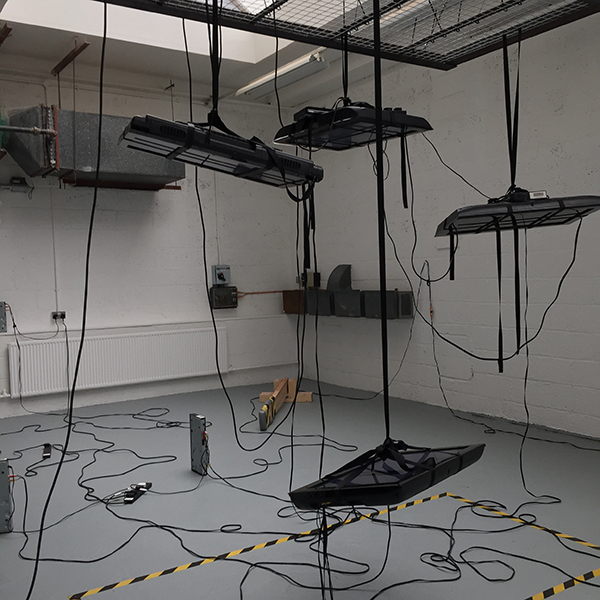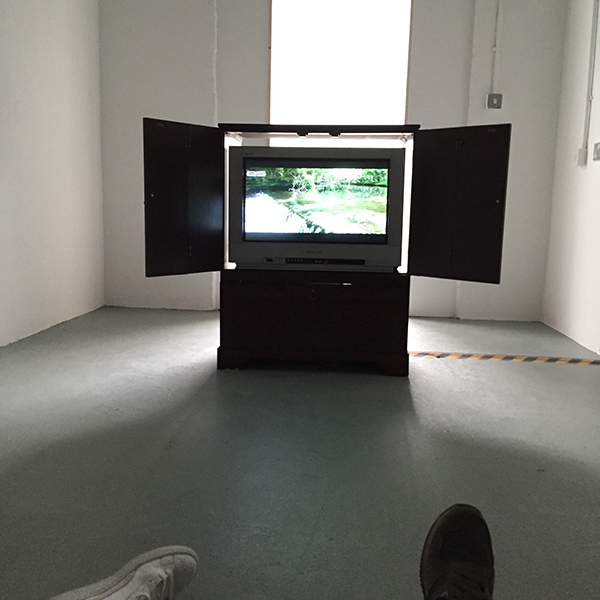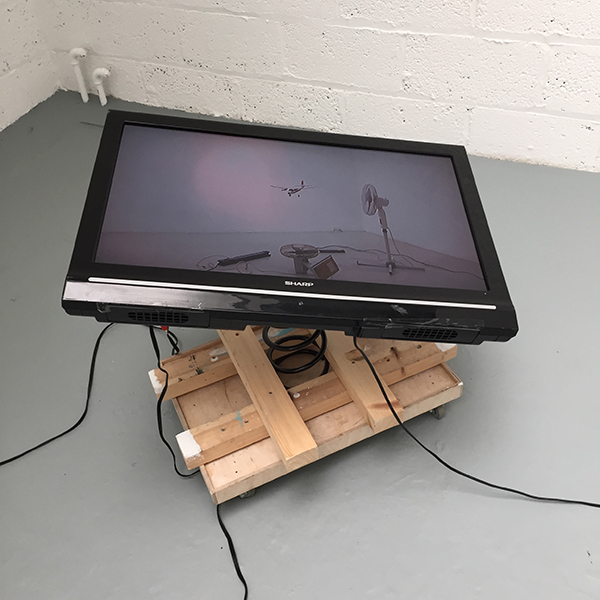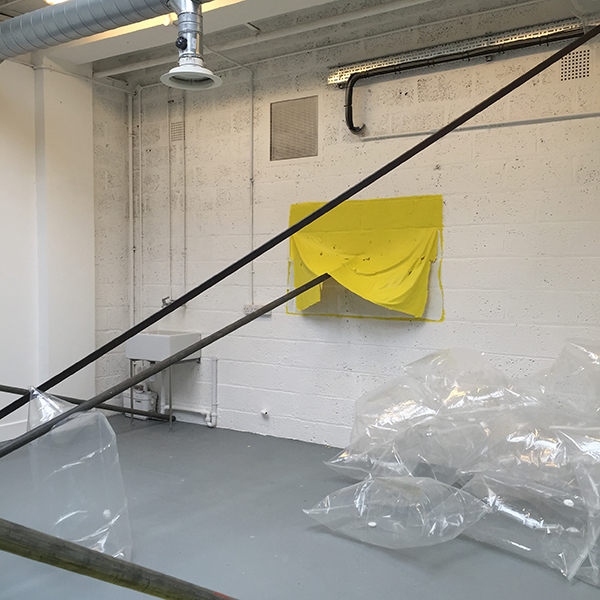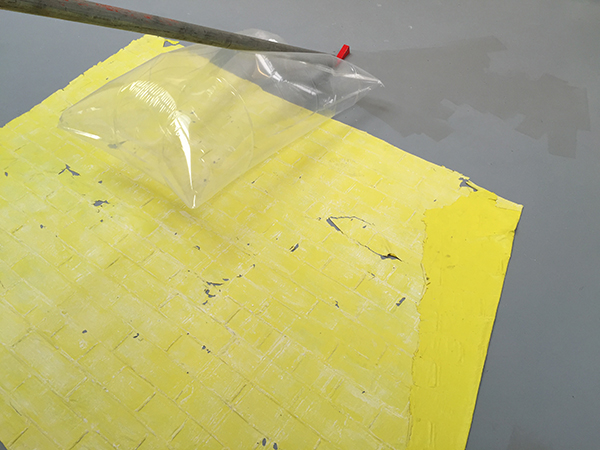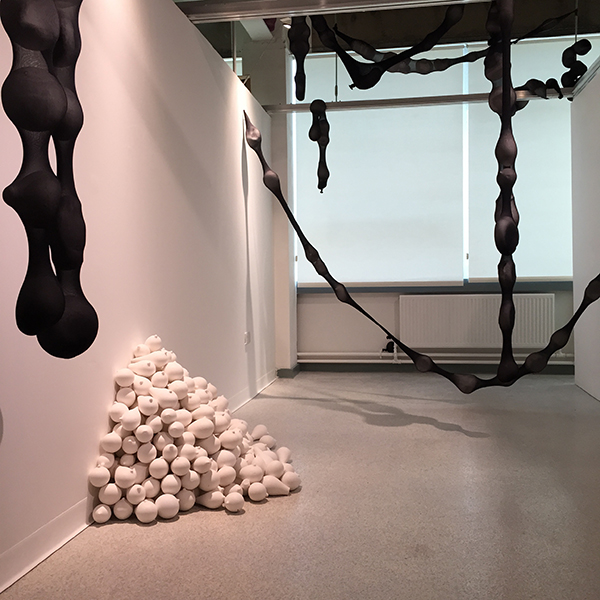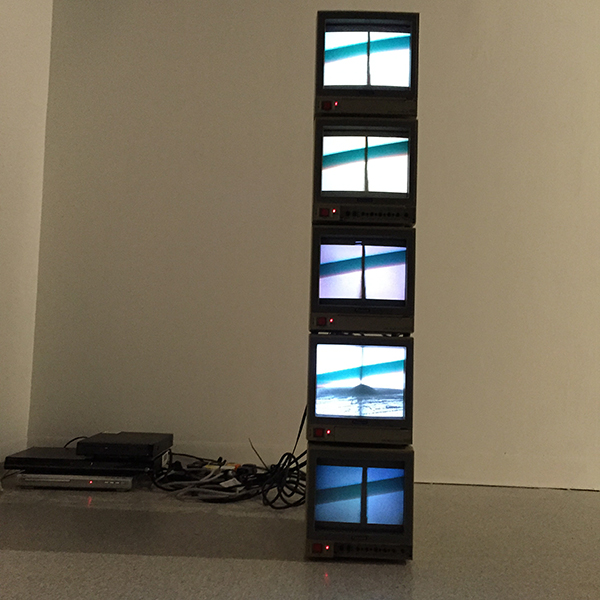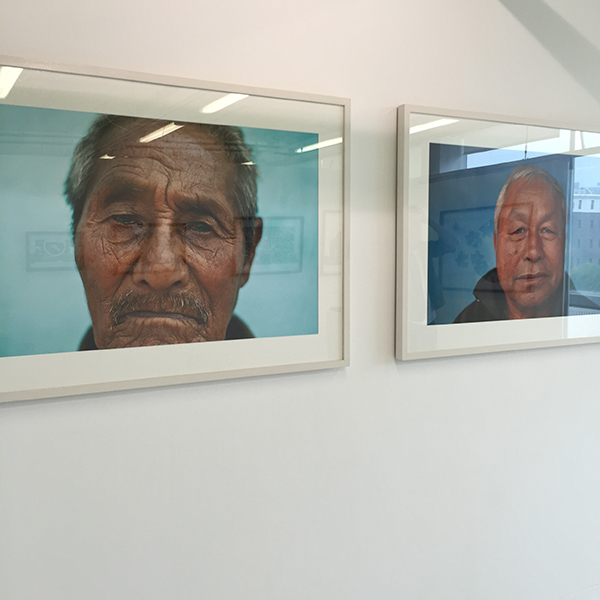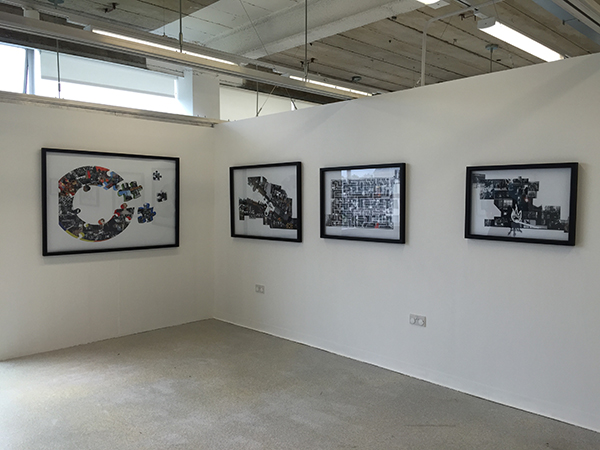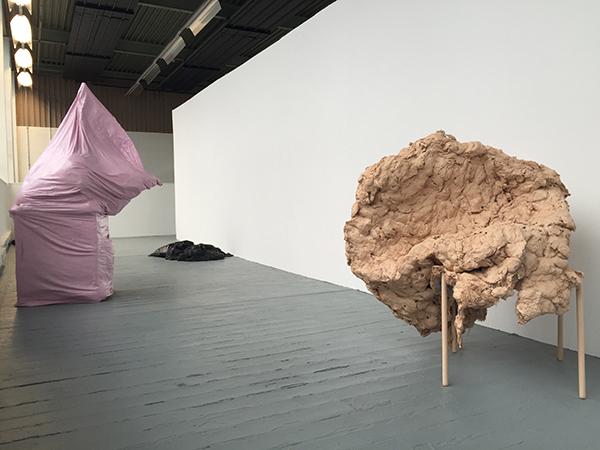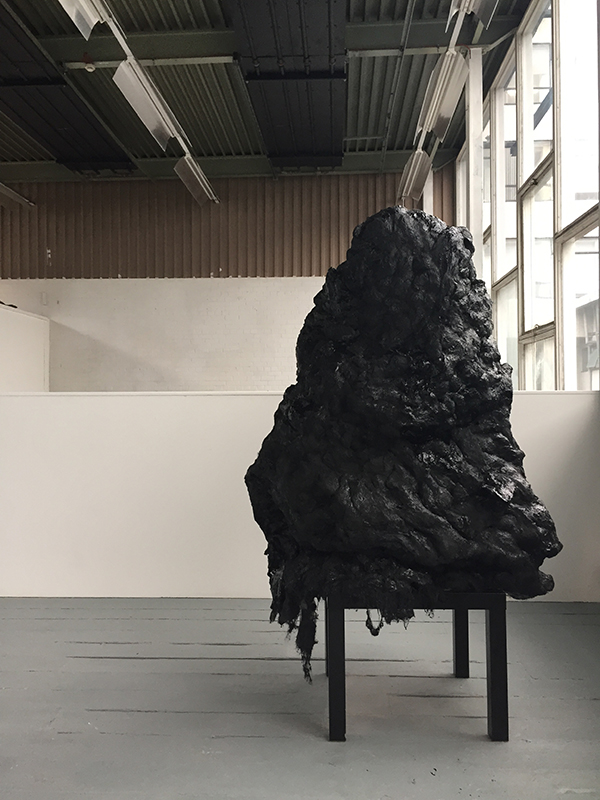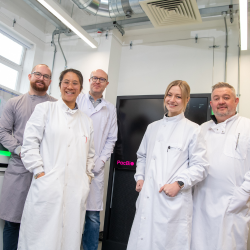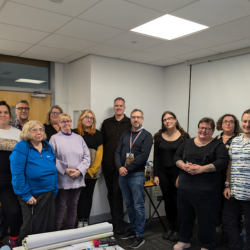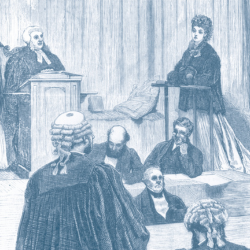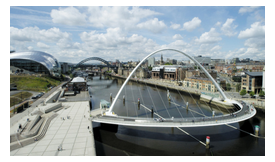-
Study
-
Undergraduate
- Search for a Course
- Undergraduate Open Day & Events
- Application Guides
- Northumbria University UCAS Exhibitions
- Foundation Years
- Undergraduate Fees & Funding
- School & College Outreach
- Continuing Professional Development
-
Postgraduate
- Postgraduate Study Degree
- Postgraduate Research Degrees
- Postgraduate Open Days and Events
- Postgraduate Fees & Funding
- Flexible Learning
- Thinking about a Masters?
- Continuing Professional Development
- Change Direction
-
Student Life
- The Hub - Student Blog
- Accommodation
- Life in Newcastle
- Support for Students
- Careers
- Information for Parents
- Students' Union
- Northumbria Sport
- Be Part of It
-
-
International
International
Northumbria’s global footprint touches every continent across the world, through our global partnerships across 17 institutions in 10 countries, to our 277,000 strong alumni community and 150 recruitment partners – we prepare our students for the challenges of tomorrow. Discover more about how to join Northumbria’s global family or our partnerships.
View our Global Footprint-
Applying to Northumbria
- European Union
- Our London Campus
- Northumbria Pathway
- International Events
- Entry Requirements and Country Representatives
- Regional Offices
-
Northumbria Language Centre
- Faculty Requirements
- Acceptable English Requirements
- Pre-sessional English Language and Study Skills
- Academic Language Skills Programmes (ALS)
-
International Fees, Funding & Scholarships
- International Undergraduate Fees
- International Undergraduate Funding
- International Masters Fees
- International Masters Funding
- International Postgraduate Research Fees
- International Postgraduate Research Funding
- International Money Matters
-
Life at Northumbria
- International student support
- Careers
-
International Mobility
- Current Northumbria Students
- Incoming Exchange Students
-
-
Business
Business
The world is changing faster than ever before. The future is there to be won by organisations who find ways to turn today's possibilities into tomorrows competitive edge. In a connected world, collaboration can be the key to success.
More on our Business Services -
Research
Research
Northumbria is a research-rich, business-focused, professional university with a global reputation for academic quality. We conduct ground-breaking research that is responsive to the science & technology, health & well being, economic and social and arts & cultural needs for the communities
Discover more about our Research -
About Us
-
About Northumbria
- Our Strategy
- Our Staff
- Place and Partnerships
- Student Profiles
- Alumni Profiles
- Leadership & Governance
- Academic Departments
- University Services
- History of Northumbria
- Contact us
- Online Shop
-
-
Alumni
Alumni
Northumbria University is renowned for the calibre of its business-ready graduates. Our alumni network has over 244,000 graduates based in 178 countries worldwide in a range of sectors, our alumni are making a real impact on the world.
Our Alumni - Work For Us
What will I learn on this module?
Through this module you will begin to develop a creative and critical research practice that feeds into, and is informed by your studio work. You will learn technical skills that develop your material research.
The module will introduce you to critical voices, key debates, artistic positions, and philosophical contexts relevant to contemporary art. Through tasks and exercises led by the academic team you will gain practical research skills to access this content, and a range of methods to engage with it.
Following your own lines of enquiry, as well as those directed to you by lecturers you will learn how to find and use online and library-based resources including books, e-books, journals, gallery press-releases and examples of artist self-publishing. You will learn how to discern critically between the voices and opinions you encounter within digital and print resources, and engage with them through discussion with peers and staff, and through writing. Gaining these research skills will equip you to widen your subject knowledge and offer ways of working through your own thinking and making. They will build a foundation for you to develop your own artistic and philosophical positions as you move forward through the programme.
How will I learn on this module?
You will learn through a range of group and individual teaching approaches offered through a series of seminars. Group discussion forms a key part of learning within these sessions. Conversations with peers facilitated by academic staff will allow you to gain a sense of your position within key debates in contemporary art practice, and give you transferrable communication skills applicable to a range of professional contexts.
Seminars offer a lively space of discussion and participation centred around research tasks and exercises given to you by the academic team. Your tutors will use directed tasks to support you to explore material independently and by working as a group. These tasks will involve live participation, writing experiments, presenting, collective reading and group discussion. You will learn practical skills of note taking and annotation through demonstration, peer feedback and feedback from tutors. Specific research case studies will draw from galleries, including material from archives and live exhibitions. You will be given independent research tasks to be carried in the library and online. Tutors will encourage you to follow self-directed lines of enquiry.
You will embed this experiential learning through a reflective presentation, and a written task to evaluate a chosen artwork.
Your material research will be developed through technical demonstration in the resource areas led by skilled and experienced staff.
How will I be supported academically on this module?
You are supported by a module lead and wider academic team who will introduce the module at the start of each semester and offer advice and guidance throughout.
You have twenty-four-hour access to the University Library. You are supported through access to online research resources and databases through the library. The library offers elective training in research skills.
In the seminar series academic staff will support your learning by directing you to key resources for contemporary art led informed by their knowledge and experience within the subject. These sessions will support you to develop the skills required to find high quality resources and engage with them critically.
Your learning is mapped out for you in a module guide that includes your timetable, guidance notes and key dates for the semester to help you organise and plan your time. Teaching materials, notices and guidance and the module guide are made available to you through BLACKBOARD, our online electronic learning portal, which is accessible online both on and off campus. You will have a university email that we contact you through. Up to date module information is displayed on noticeboards in your studio. An inter-year mentoring system supports you and student REPs represent you in weekly meetings with the Programme Leader.
You will receive on-going formative feedback through the seminar series from academic staff and from peers.
Where appropriate you may also be directed to engage with our Skills Plus or other resources offered through the University Student Support Services such as Dyslexia Support. Guidance tutorials also provide opportunities for students to discuss, in confidence, their academic progress on the programme.
What will I be expected to read on this module?
All modules at Northumbria include a range of reading materials that students are expected to engage with. Online reading lists (provided after enrolment) give you access to your reading material for your modules. The Library works in partnership with your module tutors to ensure you have access to the material that you need.
What will I be expected to achieve?
By the end of the module you will be able to:
LEVEL 4
Knowledge & Understanding:
1. Demonstrate informed connections between your individual interests and creative research that are relevant to contemporary art.
Intellectual / Professional skills & abilities:
2. Evidence emerging creative research skills including accessing high quality material and evaluation of critical voices.
Personal Values Attributes (Global / Cultural awareness, Ethics, Curiosity) (PVA):
3. Show you have acquired and applied new transferable skills around self-organisation, art world experiences, and individual curiosity.
How will I be assessed?
You will receive on-going verbal feedback (formative review) from academics through seminars. This enables you to respond immediately and clarify with academics any points you are unsure of.
Presentation
You will make a presentation of your work in the form of an exhibition that reveals the research processes you followed during the module. Your participation must demonstrate evidence of engagement with the topics and issues discussed during the lectures and seminars.
Creative Research Folder (physical or digital)
You will present a folder containing evidence of your insights and understanding in relation to research material you have been signposted towards via briefs and tutorials.
Written feedback for both tasks will be delivered via Blackboard within 20 working days of their deadlines. Feedback is individual and provided in the context of the assessment criteria given to you at the start of the academic year in the module guide.
Pre-requisite(s)
N/A
Co-requisite(s)
N/A
Module abstract
Through this module you will begin to develop a creative and critical research practice that feeds into, and is informed by your studio work. You will learn technical skills that develop your material research.
The module will introduce you to critical voices, key debates, artistic positions, and philosophical contexts relevant to contemporary art. Through tasks and exercises led by the academic team you will gain practical research skills to access this content, and a range of methods to engage with it.
Following your own lines of enquiry, as well as those directed to you by lecturers you will learn how to find and use online and library-based resources including books, e-books, journals, gallery press-releases and examples of artist self-publishing. You will learn how to discern critically between the voices and opinions you encounter within digital and print resources, and engage with them through discussion with peers and staff, and through writing. Gaining these research skills will equip you to widen your subject knowledge and offer ways of working through your own thinking and making. They will build a foundation for you to develop your own artistic and philosophical positions as you move forward through the programme. You will be taught by active professional practitioners in the field of contemporary art practice - artists, writers, curators.
Course info
UCAS Code W100
Credits 20
Level of Study Undergraduate
Mode of Study 3 years Full Time or 4 years with a placement (sandwich)/study abroad
Department Arts
Location City Campus, Northumbria University
City Newcastle
All information is accurate at the time of sharing.
Full time Courses are primarily delivered via on-campus face to face learning but could include elements of online learning. Most courses run as planned and as promoted on our website and via our marketing materials, but if there are any substantial changes (as determined by the Competition and Markets Authority) to a course or there is the potential that course may be withdrawn, we will notify all affected applicants as soon as possible with advice and guidance regarding their options. It is also important to be aware that optional modules listed on course pages may be subject to change depending on uptake numbers each year.
Contact time is subject to increase or decrease in line with possible restrictions imposed by the government or the University in the interest of maintaining the health and safety and wellbeing of students, staff, and visitors if this is deemed necessary in future.
Useful Links
Find out about our distinctive approach at
www.northumbria.ac.uk/exp
Admissions Terms and Conditions
northumbria.ac.uk/terms
Fees and Funding
northumbria.ac.uk/fees
Admissions Policy
northumbria.ac.uk/adpolicy
Admissions Complaints Policy
northumbria.ac.uk/complaints


